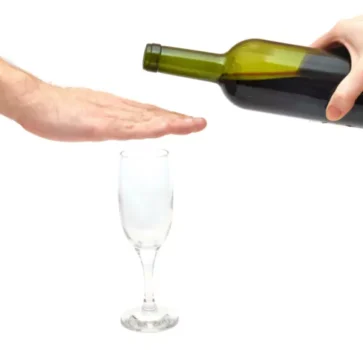Hangover Headache and Alcohol-Induced Head Pain Remedies

Dehydration plays a significant role in triggering headaches after drinking alcohol. As a diuretic, alcohol increases urination and ultimately leads to dehydration. Staying back of head headache after drinking hydrated before and during alcohol consumption can alleviate this issue. Another contributing factor could be the vasodilatory effects of alcohol, which cause blood vessels to expand and potentially increase pressure inside the head.
Sleep Disturbances
This chemical is a vasodilator, which increases the size of blood vessels in the body. Getting rid of hangxiety involves resting, avoiding anxiety-provoking challenges during the episode, staying with a supportive person, getting something to eat, and staying hydrated. Alcohol withdrawal symptoms occur as the body adjusts to a sudden decline in the chemicals that are components of alcohol. Additionally, as alcohol is broken down and removed from the body, certain chemical toxins produce inflammation and oxidative stress.
What’s In Alcohol That Causes Headaches?

Of course, the best way to avoid an alcohol-induced headache is to avoid alcohol completely – but we know this isn’t always possible. If you are struggling with how much alcohol you consume, cutting it out altogether may not be the best idea. In other words, you will go to the toilet more frequently, but the lost liquid will not be as evenly replaced. This contributes greatly to dehydration, which is the cause of your alcohol-induced headache. The single main reason that alcohol is the cause of a headache is that it is what is known as a diuretic. However, if you experience serious reactions or severe pains, it’s crucial that you see a doctor.
Hangover Headache Remedies
From the small intestine, ethanol travels into the bloodstream and throughout your body, including your brain. In other words, the best treatment for a cocktail headache is actually preventing one in the first place. Before consuming a cocktail, ask yourself if it is worth developing a headache over and ruining your celebration or holiday. If you want to avoid a hangover headache, the best thing you can do is think before you drink. It may be that avoiding or moderating alcohol intake is the best decision for you.Talk to your healthcare provider about alcohol use, which can have serious health and social consequences.
- Dehydration is a common cause of headaches including migraines, especially in warm weather months.
- Any liquid (except alcohol!) that you find palatable is acceptable, such as boullion, chicken soup, sports drinks, or water.
- People should generally avoid hangover cure myths, including “hair of the dog” and eating usually unpalatable food such as raw eggs.
- Muscle contraction headaches are thought to be caused by physical stress placed on myofascial trigger points.
- The best way to avoid a hangover headache is to limit how much alcohol you drink in one sitting.
- A 2016 study showed that alcohol consistently induced migraine in 10% of people.
What Happens to the Brain When You Get a Headache?
- Some scientists believe that it is caused by the sudden dilation (widening) of blood vessels that places pressure on the trigeminal nerve that runs along the side of the face.
- They plan to dive deeper in a clinical trial that will shine more light on takeaways for the average wine drinker.
- Chemicals called congeners are also a component of alcoholic drinks.
- Certain alcoholic beverages have higher levels of naturally occurring chemicals called congeners.
- Drinking any type of alcohol in excess, including beer, wine, or liquor, can cause headaches.
This article will explore the relationship between alcohol and headache and consider why some people develop an alcohol headache after one drink. Some alcoholism treatment adults can safely tolerate two or three alcoholic beverages when consumed with food, but many cannot tolerate more than one drink. If you’ve had episodes of hangxiety, the best way to prevent it from happening again is to avoid alcohol. Getting professional help for managing anxiety and depression can also substantially improve your quality of life. If the symptoms of a hangover or hangxiety are severe—or if you are having shaking, tremors, a fever, changes in consciousness, or seizures—get prompt medical attention. In addition to histamine, other substances in alcohol, such as sulfites and tyramines, may also contribute to headaches.
